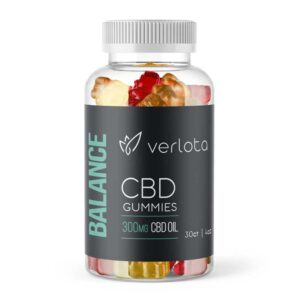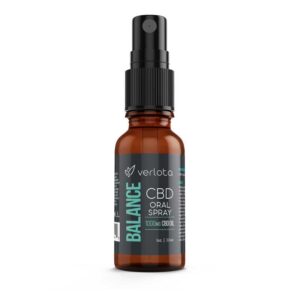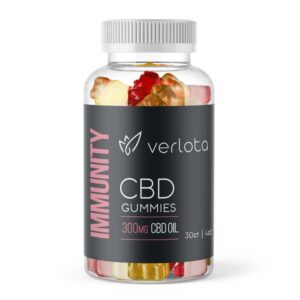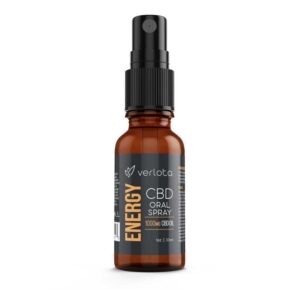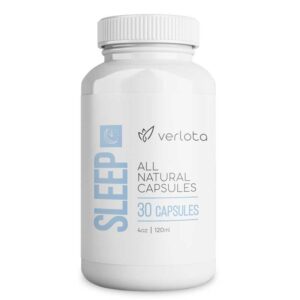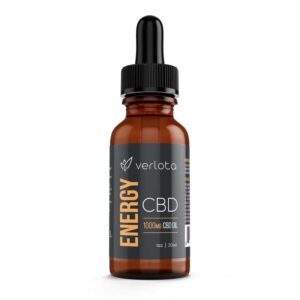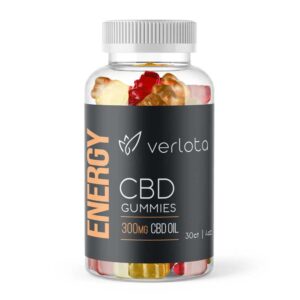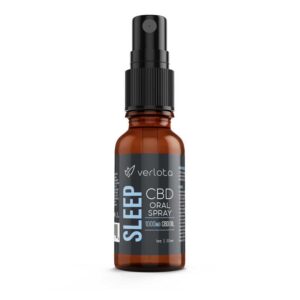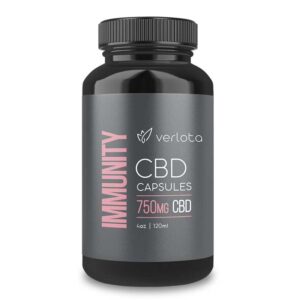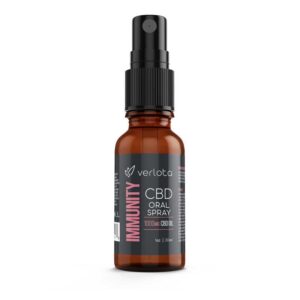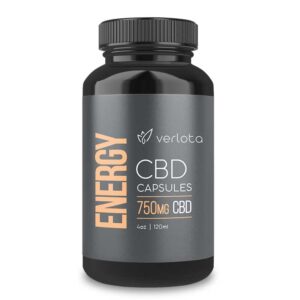
Have you ever wondered how those (annoyingly) chill, relaxed people maintain such a calm demeanor, day-in and day-out? Finding your center and staying relaxed during tough times like these are anything but easy, yet an increasing number of people around us seem to be able to strike this balance anyway. What gives?
You may be already acquainted with some of the usual suspects: drinking more tea instead of coffee, doing yoga or meditating everyday, or – gulp – taking mind-altering substances. There’s no one-size-fits-all when it comes to chilling out when you need it most – many people prefer a number of different things to calm them down or help them relax.
Whether you prefer one or the other, one of the best ways to induce some much-needed calm in your life is to take natural health supplements. Many multivitamins include ingredients like valerian root, melatonin, CBD Benefits and many others to give you a slight feeling of relaxation, but they’re often such low doses that it’s not enough to move the needle.
We’re sure you’re like billions of other people on this chaotic planet – too busy to truly have enough time to enjoy yourself, get proper rest and feel fully recharged the next day. Relaxing seems to be more-and-more a privilege of the wealthy, and yet most of us would agree that “money can’t buy your happiness”.
This is true when it comes to finding calm & relaxation with natural health supplements. You don’t have to break the bank to achieve a state of serenity – quite the contrary! Many natural ingredients like melatonin or hemp-derived CBD have the capacity to chill you out and quell your anxieties, but have you heard of a certain amino acid that boosts your cognitive function, improves your mental focus and can even balance the effects of caffeine?
It’s time to wake up and smell what’s brewing with the coffee, and meet your new best friend in the morning: L-Theanine.
L-THEANINE BENEFITS
Identified and isolated as a non-essential amino acid in the late 1940’s by Japanese scientists, L-Theanine has grown to prominence among calm-seekers and brain-boosters. Anyone who drinks tea throughout the day to relax or unwind will be pleasantly surprised to know that L-Theanine is primarily found in certain tea leaves – green tea, black tea and oolong tea are known to be significant sources for this calming agent.
L-theanine is one of the amino acids that is primarily responsible for inducing the calm, centered feelings you get from teas and certain species of mushrooms. L-theanine dosages for sleep, calm or mental focus are often introduced through drinking tea, with many people remarking that the mental alertness they feel with L-Theanine is identical to the wakefulness they get from a steaming-hot cup of their favorite tea. While there is no actual L-Theanine “high”, it does have the capability to sharpen your focus and help you feel energized by reducing the burdens of stress, anxiety or fatigue.
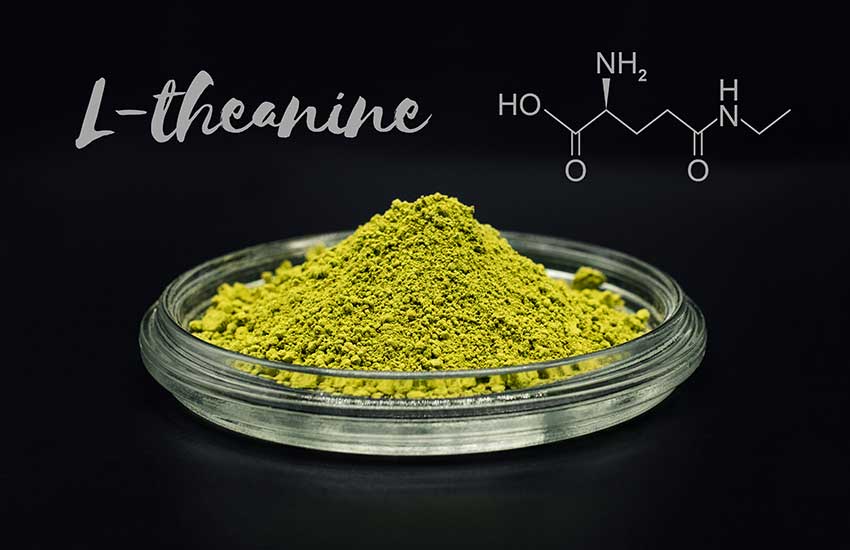
If drinking tea isn’t your cup of… well, tea… one of the #1 L-Theanine benefits has to do with how it pairs with coffee. L-Theanine and caffeine are commonly taken together in order to balance the cognitive boosting powers of coffee or tea while cutting down on the jitters associated with caffeine. We’ll talk about caffeine and how L-Theanine can change the way you get your java on later in this article.
How does L-Theanine benefit your mind & body so well? Simply put, L-Theanine has the powers to penetrate your blood-brain barrier and regulate some very important brain functions. For instance, L-Theanine can modulate your dopamine, serotonin and GABA (gamma-aminobutyric acid) which each have their own influences on our moods, feelings of arousal/pleasure, motivation, anxiety, and alertness.
What’s more, L-Theanine’s ability to increase GABA in your brain can lead to some very significant improvements in your brain wave activity. Alpha brain waves play a critical role in our neurochemistry, chief among them is how relaxed your mind is and how much REM sleep you can achieve. For these reasons, L-Theanine dosages for sleep are some of the most common for this particular amino acid.
By assisting your brain’s ability to regulate these neurotransmitters and neurochemicals, L-Theanine dosages can also influence your immune system. L-Theanine accomplishes this by increasing the levels of glutathione, one of the most crucial antioxidants your body produces.
Suffice to say, L-Theanine has a number of prominent influences on your neurochemistry. Its ability to interact with your brain through the blood-brain barrier means it can have direct effects on your psyche, behavior and moods. This makes L-Theanine a very effective natural remedy for a variety of stress-related disorders, anxiety conditions and overactive minds.

Talking specifics, L-Theanine’s efficacy is generally accepted to extend to:
Cognitive Functionality
Studies have shown that combinations of L-Theanine have yielded positive results with improving memory and alertness, inducing calm-but-focused states of being, and reduced the impacts of age-related brain deterioration (ie Alzheimer’s, stress, physical aging)[1]
Immune System Support
L-Theanine has shown it can support or even boost the activity of T-cells – important cells that work to purge the body of infections, cancerous materials and harmful microbes[2]
Anti-anxiety, Anti-stress, Anti-depressant
L-Theanine dosages for sleep are most common among introductory trials of this amino acid, but it really shines as a supporting remedy/supplement to other medications and treatment. When taken in higher doses, over time, L-Theanine can greatly reduce the symptoms of anxiety, chronic stress and depression.[3]
Sleep aid
It might seem redundant, but L-Theanine can improve a person’s sleep quality by unburdening them of their stress, anxiety or overactive/overloaded minds. L-Theanine also cuts down on the lingering negative effects of over-consumption of caffeine, so there are both direct and indirect influences of this amino acid on how you rest[4]
[1] https://pubmed.ncbi.nlm.nih.gov/24621060/
[2] https://www.ncbi.nlm.nih.gov/pmc/articles/PMC156317/
L-Theanine’s benefits are fairly wide ranging, but this amino acid is usually taken for stress relief, anti-anxiety or as a sleep aid. Improving your rest & relaxation should definitely be a priority, and because it can have very potent calming effects on your behaviors/moods, L-Theanine should be a part of your daily routine. A little L-Theanine before your morning cup of coffee is purported to work wonders on your ability to find the energy & focus you need for work – without the caffeine-jitters or morning fog from dominating your morning hours at the office.
Speaking of coffee, we’ve mentioned that L-Theanine and caffeine can make an excellent pair, but how do they work together for your benefit? Let’s explore this idea further.
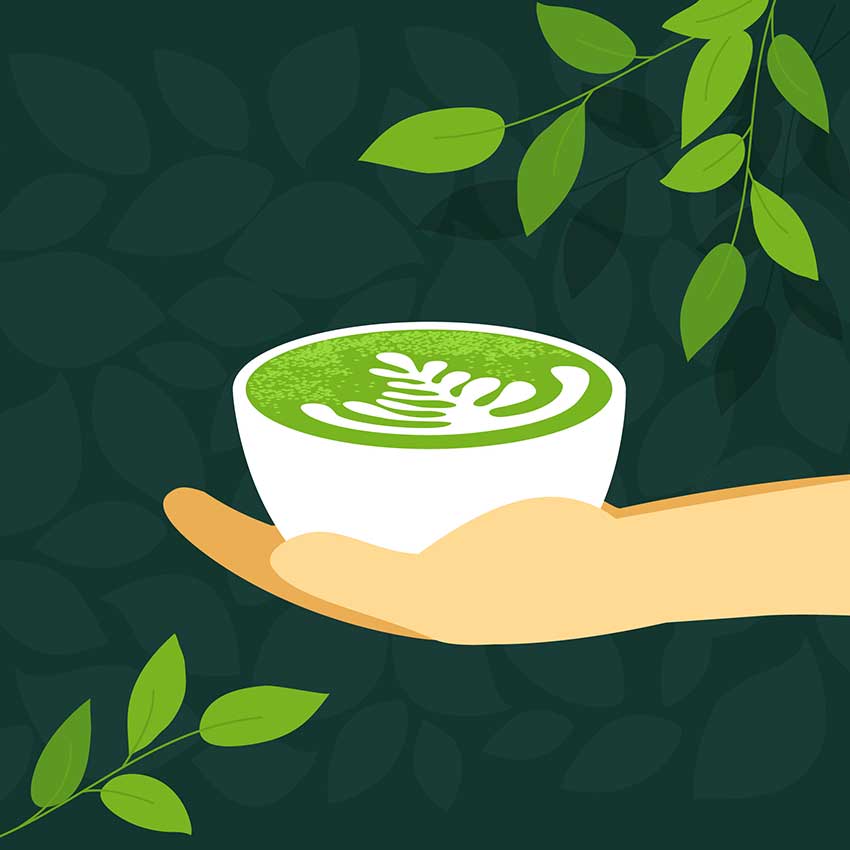
L-THEANINE AND CAFFEINE
L-Theanine does not have many notable side effects – in fact, one of its major positive effects is that it can reduce the impacts of certain bad ones of other substances. Case in point, when L-Theanine and caffeine interact you can get more out of the latter because of the soothing effects of the former.
Both L-Theanine and caffeine are found in some teas – like green, black or oolong tea – and it seems like the more evidence that pours in (get it? Pouring tea… you get it!) the more we understand that both of these amino acids are better together than they are apart. Just like with peanut butter and chocolate, both L-Theanine and caffeine were seemingly meant for one another: L-Theanine enhances all the best parts of caffeine while simultaneously reducing the negative impacts of drinking too much caffeine.
To summarize the L-Theanine benefits when combined with caffeine, here’s a handy chart:
| Caffeine only | Caffeine combined w/ L-Theanine | |
| Positive Effects |
Short-term energy boost Increased motivation Alertness Improved productivity |
Heightened alertness Increased reaction time / memory retention Sustained energy & focus Balanced blood flow
|
| Negative Effects |
High blood pressure “Jitters” Difficulty focusing Fatigue / Energy “crash” |
Less “jitters”, nervousness or impatience Eased let-down from improved energy |
By influencing your GABA levels in your brain, L-Theanine modulates the frantic or short-term energy bursts you get from caffeine when you take it with coffee/tea/energy drinks. Teas like green tea contain balanced doses of both L-Theanine and caffeine, but some proponents of this amino acid take extra L-Theanine, sometimes formulated with magnesium, valerian root or other natural relaxing agents.
L-Theanine side effects are quite rare, even in cases where some people consume 1000 mg+ a day! That being said, most users need only 200 mg or so in order to feel the calming effects of L-Theanine. Everyone’s tolerance is unique, so make sure you check with your health care provider first before adding L-Theanine dosages to your routine. It’s also a good idea to begin with 100-200 mg as an introductory L-Theanine dosage and work your way up until you feel the benefits you’re seeking.

If you’re thinking of trying L-Theanine for sleep, or combining it with caffeine to start your day, there are many different modes of delivery. L-Theanine powder, capsules, gel caps or tablets are very affordable and make for an excellent supplement or supportive remedy with your other medications.
Our recommendation? Next time you wake up in a groggy, morning haze take a CALM CBD Capsule 20-30 minutes before you drink your coffee. This potent, natural formula of hemp-derived CBD, L-Theanine and GABA powder can work wonders for sustaining your cognitive functionality, boosting your energy and keeping you calm but focused. Sounds like the perfect way to start your day, doesn’t it?
FAQ’s
How long does L-Theanine last for?
Depending on your dose and sensitivity to L-Theanine, its effects can last anywhere from 2 – 10 hours. Typically, a dose between 50 – 200 mg will last around 8 hours, but how quickly you feel the effects of L-Theanine will depend on your tolerance.
Can L-Theanine cause memory loss?
L-Theanine has been shown to be a great source of cognitive support and even enhancement, so it is generally safe to assume that it does not have any negative impacts on memory. L-Theanine has the ability to cross the blood-brain barrier, enabling it to moderate certain neurotransmitters like serotonin, dopamine and many more. These effects are more likely to improve your focus, reduce stress and tiredness, leading to a heightened state of alertness and learning.
Is 400 mg of L-Theanine too much?
Thus far, there have been no adverse effects linked with taking too much L-Theanine. Children and adolescents might experience more discomfort than adults as a person’s tolerance to L-Theanine increases throughout their maturity. An average daily dosage for adults will typically range between 100 – 400 mg of L-Theanine, but it is important to start low and increase your dose slowly until you feel the benefits to your satisfaction.
Is L-Theanine bad for your liver?
L-Theanine is not bad for your organs, including your liver. In fact, L-Theanine has demonstrated some beneficial effects for liver function and healthiness. L-Theanine has been shown to protect liver tissues and works to minimize damage caused by inflammation.
How long does L-Theanine last for?
How long L-Theanine lasts will vary greatly, depending on your tolerance, sensitivity and familiarity with this particular supplement. Fitness, mental state and overall wellbeing will also influence how successful/unsuccessful your experience with L-Theanine will be, but a typical duration of effects lasts around 8-10 hours in most adults.
Can I take 600 mg of L-Theanine?
So far, there have been no adverse effects linked with taking too much L-Theanine. Children and adolescents might experience more discomfort than adults as a person’s tolerance to L-Theanine increases throughout their maturity. An average daily dosage for adults will typically range between 100 – 400 mg of L-Theanine, but it is important to start low and increase your dose slowly until you feel the benefits to your satisfaction.
Is 1000 mg of L-Theanine too much?
To this point, there have been no adverse effects linked with taking too much L-Theanine. Children and adolescents might experience more discomfort than adults as a person’s tolerance to L-Theanine increases throughout their maturity. An average daily dosage for adults will typically range between 100 – 400 mg of L-Theanine, but it is important to start low and increase your dose slowly until you feel the benefits to your satisfaction.
Can L-Theanine make you gain weight?
L-Theanine is not known to cause weight gain. Due to its relaxation-inducing properties and calming effects on the brain and body, L-Theanine is actually associated with helping people to avoid stress-eating, improving their quality of sleep, and increasing their sense of relaxation – all beneficial to maintaining a healthy weight.
Can L-Theanine cause stomach problems?
L-Theanine side effects do not commonly include stomach issues, but some irritation from diarrhea or mild nausea can occur in rare cases. Like with any natural supplement, certain people may experience a few mild symptoms of discomfort, such as headaches, insomnia, diarrhea and heartburn. As always, check with your healthcare provider before adding a new supplement to your routine, and be sure to ask about counteractions with medications you might be on.

